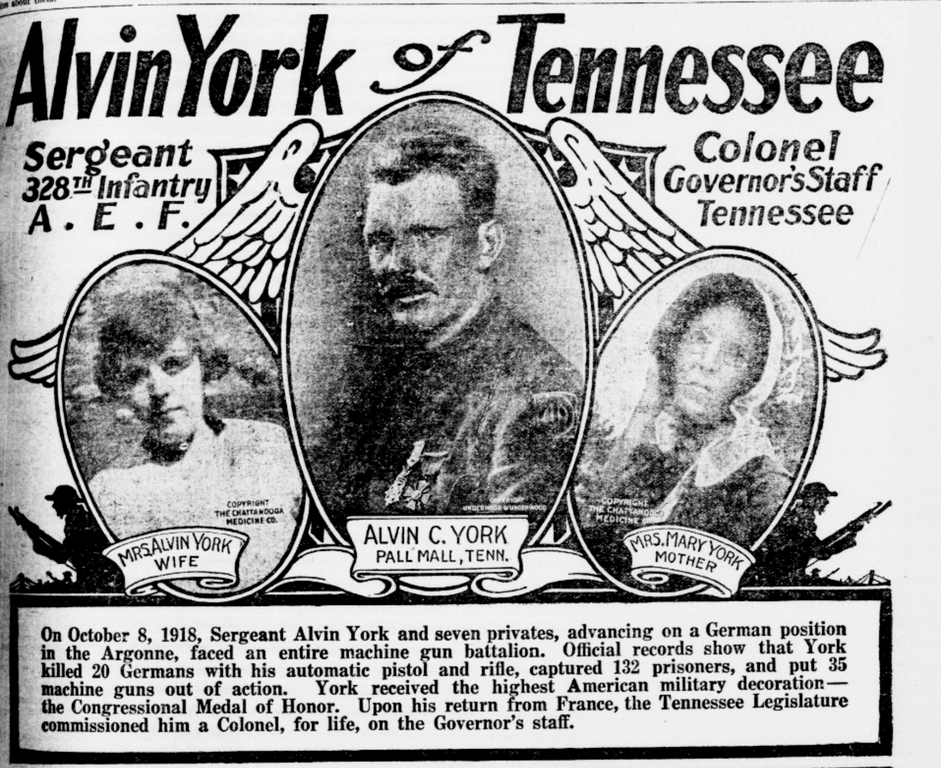
By Meghan E. Gattignolo
Today is Veterans Day. Significantly observed on November 11th, Veterans Day was originally known as Armistice Day – and is still recognized as such in many other countries. Armistice Day was meant to commemorate the events of November 11, 1918, when Germany agreed to stop fighting, and the Great War came to an end in practice at 11 o’clock. The Treaty of Versailles signed the following year brought the war to its final conclusion, but it was that date in November that was remembered with relief for decades. In the United States, Armistice Day evolved into Veterans Day in the 1950s, following the events of World War II and the Korean War. Today, Americans remember and celebrate our soldiers who have fought on the battlefield during all American-involved conflicts, from WWI and beyond.
A Conscientious Objector
One World War I soldier deserving of remembrance hailed from a small town in Tennessee about three hours east of Clarksville. Sgt. Alvin C. York is one of the most celebrated Americans to come out of WWI. York earned the Congressional Medal of Honor when he single-handedly overtook a number of enemy soldiers, as well as several medals from other countries for the same deed.
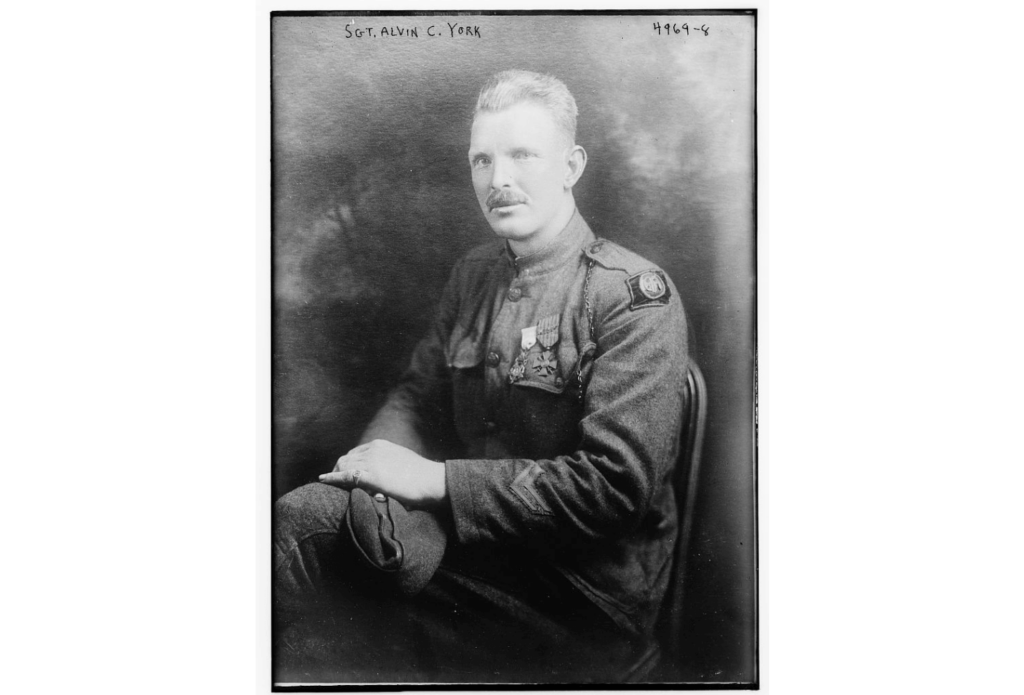
Sgt. Alvin C. York
Bain News Service, publisher, ca. 1920
Library of Congress Prints and Photographs Division
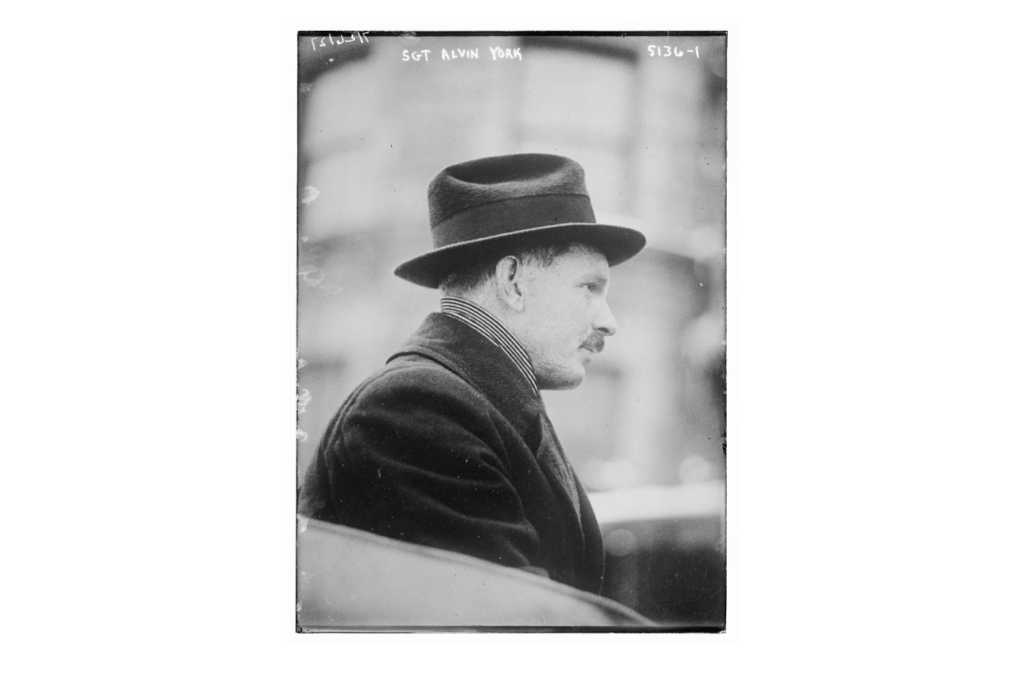
Sgt. Alvin C. York
Bain News Service, publisher, ca. 1920
Library of Congress Prints and Photographs Division
Alvin York was born in Pall Mall, Tennessee. While he suffered extreme poverty as a child, he grew up a helpful adult, constantly trying to make the lives of the people around him better. He struggled with working as a teenager, but became deeply religious as a young man. After being called into service during the Great War, York was a reluctant soldier. He applied to be considered a conscientious objector, due to his religious convictions, but was denied several times. After talking with another soldier, York decided that he could still be a good man while fighting for other Americans on the battlefield.
A Brave Soldier
During a battle at the Argonne on October 8, 1918, Corporal York found himself to be the highest-ranking officer left on the field, because everyone else had fallen due to an attacking force of German soldiers. Only a few men remained for him to command. He left his men to stay with the prisoners, and York took it upon himself to go after the machine gun nests of enemy soldiers shooting at him and his men from a nearby ridge – alone. In the end, York was credited with the deaths of 25 enemy soldiers and capturing over a hundred others.
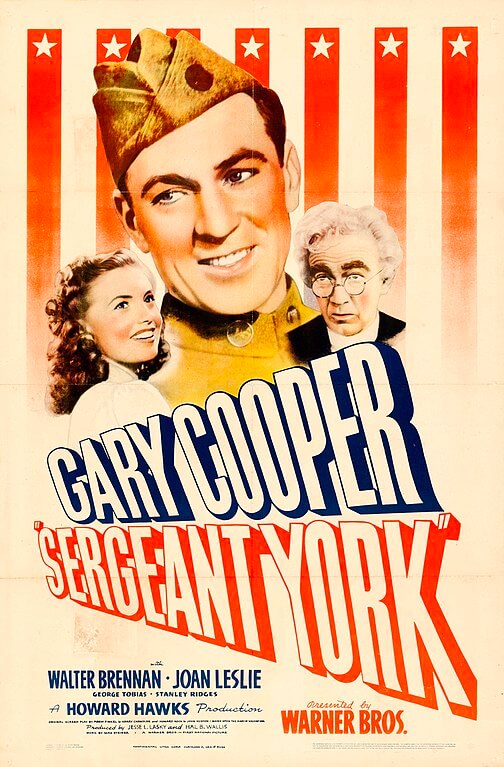
Theatrical release poster for the 1941 film Sergeant York
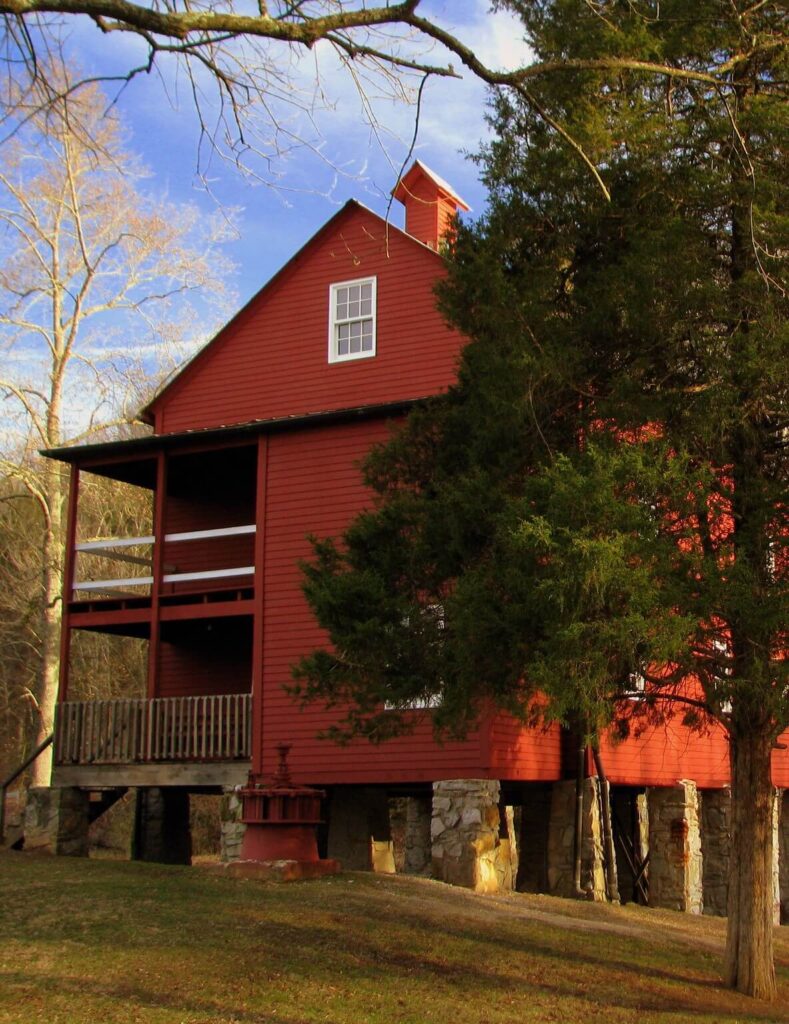
Alvin C. York State Historic Park
Photo by Brent Moore
CC BY-NC 2.0
Lasting Legacy
Along with enjoying nature, Tennessee State Parks are a great way to learn about history. Several parks around the state protect and interpret historical figures and events associated with the site. Learn more about Alvin York at Sgt. Alvin C. York State Historic Park, where visitors can find some of the original buildings from York’s life.
At Sgt. Alvin C. York State Historic Park, Seasonal Interpreter Christian Rhodes’s deep interest in WWI has led him to gain great respect for the soldier. One detail about York’s fascinating life Christian likes to talk about is his devotion to education. York actually went into debt to fund education in his hometown. “He was so devoted to paying teachers and bus drivers through the Great Depression that he paid them out of his own pocket,” Christian says. “He had to mortgage his home twice.”
York did eventually receive funds to pay for his school, found on the property of the park, through profits he earned from the 1941 film about his life and war heroics, Sergeant York, starring Gary Cooper. York used all the money he received to build and maintain a school in Pall Mall, Tennessee. Interpreters at Alvin C. York State Historic Park also participate in World War I reenactments with the help of a reconstructed WWI-era trench featured in the park. While Tennessee is known for its Civil War reenactments, this park is one place where visitors can experience the events of the Great War.
Don’t forget to thank a veteran for their service today, and plan a trip to the Customs House Museum & Cultural Center to learn about other significant Tennesseans through history. The Museum is open every Tuesday-Saturday from 10am-5pm and Sundays 1pm-5pm.

Meghan E. Gattignolo is a freelance writer and longtime Clarksville, TN resident. She loves to obsess about historical subjects and annoy her family daily with unsolicited random facts. Meghan holds a History B.A. from Austin Peay State University and lives in town with her husband and two daughters.